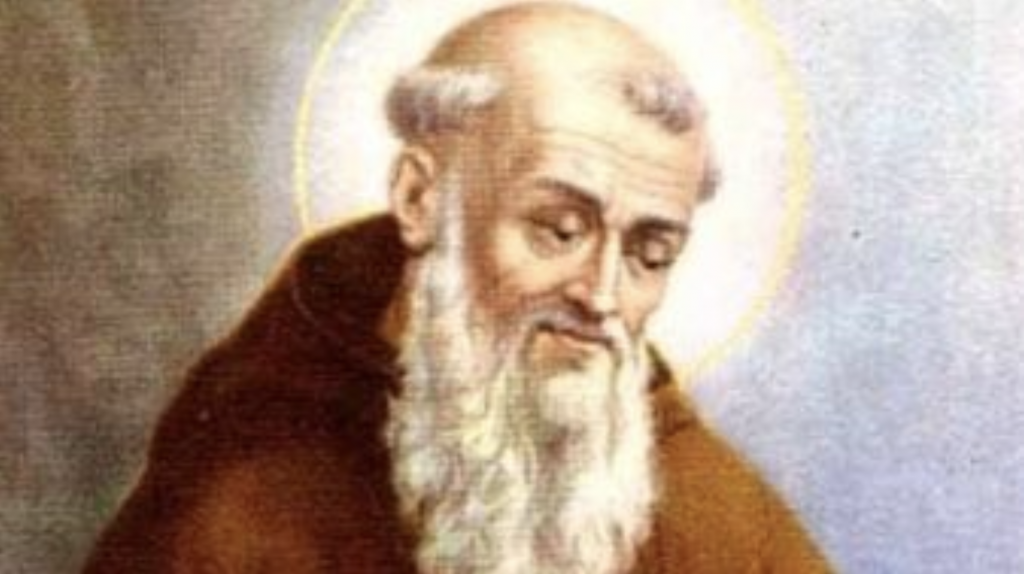St. Joseph was born Eufranio, the third of eight children, on January 8, 1556. He was inspired to become a Capuchin after learning of the life of Matthew Silvestri, an extremely holy man who left the medical field to live as a Capuchin. Joseph overcame his family’s initial displeasure and made his profession on January 8, 1573.
In 1581, the Capuchin general vicar issued preaching patents, and Joseph embarked on his life’s mission. With a mission crucifix, and God’s grace, he went to the obscure mountains of Umbria, Lazio, and the Abruzzi, evangelizing the poor there.
Joseph was a great preacher, and he credited his success to his constant prayer and intimate relationship with God. He meditated and prayed while he traveled, holding his crucifix. When he was assigned to Constantinople, he served as chaplain to over 4,000 Christian slaves working in a penal colony. Joseph brought them the Gospel and charitable relief to their inhumane living conditions, even going so far as to offer himself as a substitute so that slaves near death might be released, but his offers were never accepted.
When the plague descended on the penal colonies, Joseph and his fellow Capuchins tended to the sick and dying. Two brothers died from the plague, but Joseph, although ill, survived, along with Brother Gregory.
After the Capuchins converted a Greek bishop who had renounced the faith, Joseph approached the sultan, Murad 111, to ask for freedom of conscience for anyone who returned to or converted to the Catholic faith. When he entered the sultan’s chambers, he was arrested and condemned to death by hanging on hooks. Guards hung Joseph from hooks through his right hand and his right foot. After three days, when he was near death, they cut him down.
Joseph went to Rome with the converted Greek bishop to appear before Pope Sixtus V. Joseph settled in Assisi, and after the Council of Trent, began to catechize. He worked with shepherds who had little knowledge of the faith, teaching them how to pray and follow the commandments. He rang bells in the streets to remind parents to send their children to catechism class.
Joseph fell ill, and asked to be taken to Leonessa to say goodbye to family and friends. On February 4, 1612, he began the divine office, but was unable to finish. Joseph concluded with his favorite prayer, “Sancta Maria, succurre miseris,” and died. He was beatified in 1737 and canonized in 1746.

